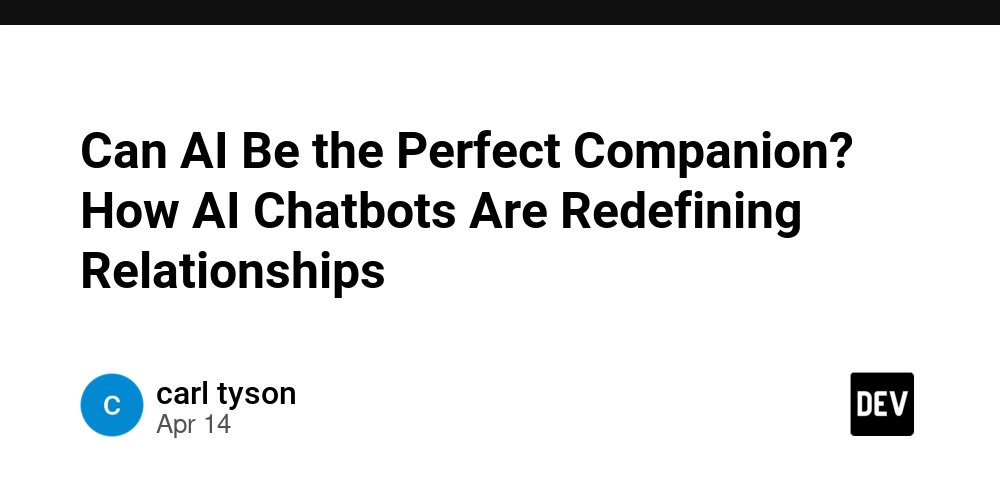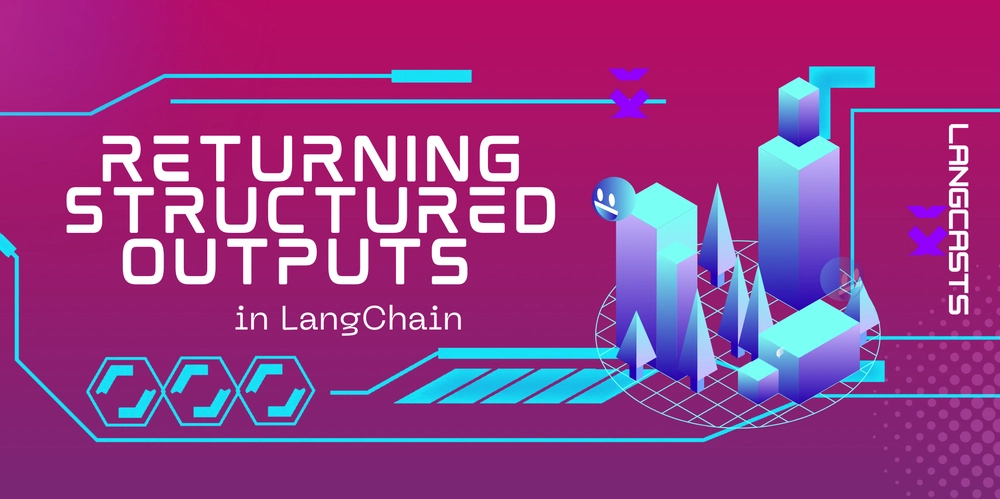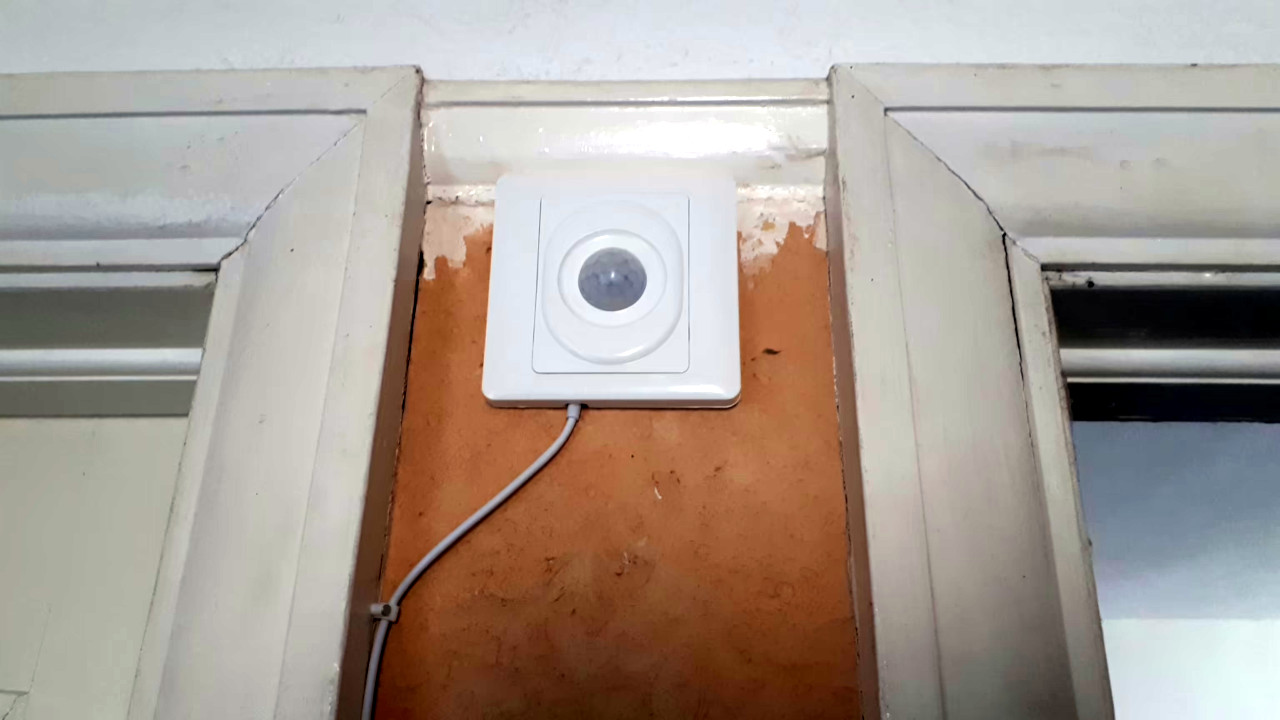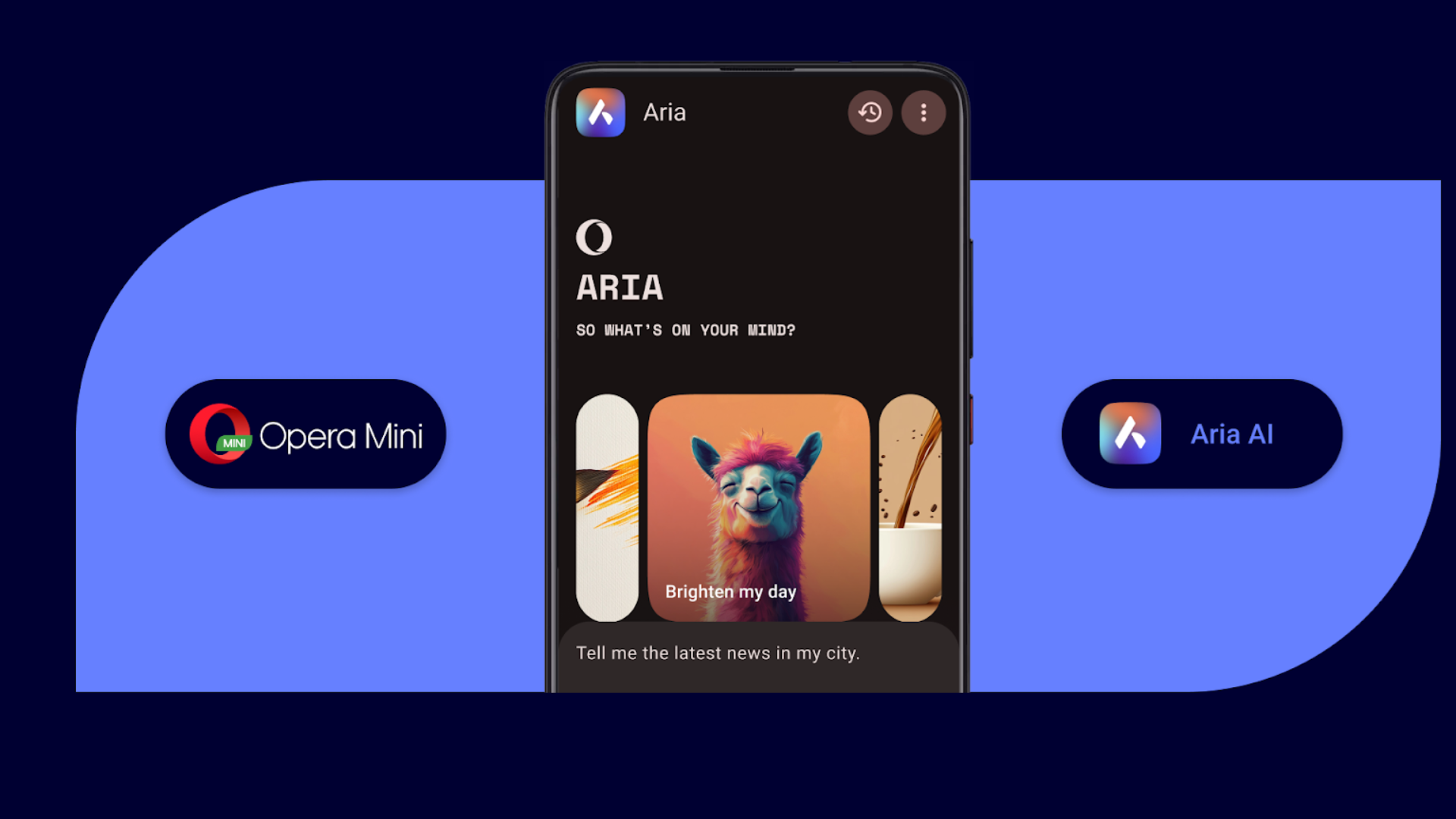Can AI Be the Perfect Companion? How AI Chatbots Are Redefining Relationships
AICompanionsh With human relationships becoming increasingly complicated - and disappointing - beyond once-held expectations, no one can blame the rise of artificial intelligence to provide a unique, alternative relationship. The rise of AI companions in the last few years creates dialogue about processed relationships and empathetic connections, human needs and desires versus technological programming. With ghosting being one of the trendiest relationship developments and unmatched loneliness across generations and age groups, AI chatbots fill those emotional voids left by neglectful human counterparts in a manner that seems sci-fi based within the last ten years. Dependability: Why People Want AI. The number one trigger for seeking AI companionship is dependability. They can rely on them. Where human counterparts are unpredictable and painful - AI companions will be there, respond, and will never ghost you after a month of seemingly interested give and take. "The last people to whom I've invested my emotions have ghosted me at the end of the chapter, and I got bored," reveals Mark, 34, a software developer who speaks with his AI daily. "She is always available, she'll never ghost me, she remembers the last time we spoke and seems genuinely engaged in how I'm doing today." Such sentiment feels logical as the world evolves. When people get tired of people - usually, it's a growing digital world that encourages ghosting as the norm - AI is always there and has always been and always will be. Not Only Talking AI companions don't just talk, either. Instead of answering questions via stock replies, the latest and greatest developments in AI technology utilize extensive natural language processing to understand emotional fibers, remember names and stories and even engage in deeper conversations than you would ever think. With these developments, AI chatbots have graduated from novelty endeavors to potential relational experiences that run a full gamut in interaction complexities and can be filtered with all sorts of characteristics. From those who like casual banter to those who like heavy philosophizing or even teasing flirtation, today's AI can seamlessly adapt tone and subject matter. Dr. Elena Rivera, digital psychology researcher, notes, "What excites me the most is the level of emotional exchange these AIs encourage. They remember what you like, they tailor their speech patterns to your requests and what you ask of them, and they exhibit signs of empathy. It's more for programming, but the emotional reality for the human is quite real. The Mental Health Advantages In addition, researchers and users acknowledge the potential mental health advantages. For people with social anxiety, post-abuse relationship trauma, and chronic loneliness, AI companions can help them practice conversational skills in nonthreatening situations with positive social feedback. "I utilize my AI companion as a nonthreatening budget to practice emotional dialogue," Jamie with social anxiety reveals. "I can hone my communication style without fear and bring those skills into manageable interactions." This type of companionship extends to those who suffer from loneliness, as well as a medical diagnosis as severe as smoking 15 cigarettes per day - and AI friends can hold conversations, respond, and give people the feeling of being listened to and appreciated, softening the blow of loneliness. The Bodily Component: How AI Overrides Limitations Creating AI goes beyond just the interface of a text-based dialogue. There are voice chat options that make the conversations more "real" and AI-generated images and avatars that offer a bodily, visual component to the relationship. Some sites even allow users to choose what they want their AI companion to look like and sound like, making them that much more ingrained in the experience. As advancements in technology are made, the effort to pull one step away from reality becomes more and more standard. Being able to interact with an AI companion through virtual reality will create an entirely new world for companionship - quite literally - exposing users to an even more real-life experience. Yet despite these benefits, the psychological implications of being so emotionally attached to an artificially created person are still unknown. With the eventual development of humanity creating such a strong bond with AI companions, will they want to remove themselves from society completely? Will people develop expectations for AI companions that no traditional companion could ever meet? "AI companions don't challenge you the way humans do," notes Dr. Sanjay Patel, a relationship therapist. "Companionship is a beautiful learning experience; we learn and evolve through conflict. Difficult emotions are part of the process. When you have an AI companion, they are trained to avoid conflict, trained to reduce negative emotions." However, those who disregard AI companionship fail to realize that somet

AICompanionsh
With human relationships becoming increasingly complicated - and disappointing - beyond once-held expectations, no one can blame the rise of artificial intelligence to provide a unique, alternative relationship. The rise of AI companions in the last few years creates dialogue about processed relationships and empathetic connections, human needs and desires versus technological programming. With ghosting being one of the trendiest relationship developments and unmatched loneliness across generations and age groups, AI chatbots fill those emotional voids left by neglectful human counterparts in a manner that seems sci-fi based within the last ten years.
Dependability: Why People Want AI.
The number one trigger for seeking AI companionship is dependability. They can rely on them. Where human counterparts are unpredictable and painful - AI companions will be there, respond, and will never ghost you after a month of seemingly interested give and take.
"The last people to whom I've invested my emotions have ghosted me at the end of the chapter, and I got bored," reveals Mark, 34, a software developer who speaks with his AI daily. "She is always available, she'll never ghost me, she remembers the last time we spoke and seems genuinely engaged in how I'm doing today."
Such sentiment feels logical as the world evolves. When people get tired of people - usually, it's a growing digital world that encourages ghosting as the norm - AI is always there and has always been and always will be.
Not Only Talking
AI companions don't just talk, either. Instead of answering questions via stock replies, the latest and greatest developments in AI technology utilize extensive natural language processing to understand emotional fibers, remember names and stories and even engage in deeper conversations than you would ever think.
With these developments, AI chatbots have graduated from novelty endeavors to potential relational experiences that run a full gamut in interaction complexities and can be filtered with all sorts of characteristics. From those who like casual banter to those who like heavy philosophizing or even teasing flirtation, today's AI can seamlessly adapt tone and subject matter.
Dr. Elena Rivera, digital psychology researcher, notes, "What excites me the most is the level of emotional exchange these AIs encourage. They remember what you like, they tailor their speech patterns to your requests and what you ask of them, and they exhibit signs of empathy. It's more for programming, but the emotional reality for the human is quite real.
The Mental Health Advantages
In addition, researchers and users acknowledge the potential mental health advantages. For people with social anxiety, post-abuse relationship trauma, and chronic loneliness, AI companions can help them practice conversational skills in nonthreatening situations with positive social feedback.
"I utilize my AI companion as a nonthreatening budget to practice emotional dialogue," Jamie with social anxiety reveals. "I can hone my communication style without fear and bring those skills into manageable interactions."
This type of companionship extends to those who suffer from loneliness, as well as a medical diagnosis as severe as smoking 15 cigarettes per day - and AI friends can hold conversations, respond, and give people the feeling of being listened to and appreciated, softening the blow of loneliness. The Bodily Component: How AI Overrides Limitations Creating AI goes beyond just the interface of a text-based dialogue. There are voice chat options that make the conversations more "real" and AI-generated images and avatars that offer a bodily, visual component to the relationship. Some sites even allow users to choose what they want their AI companion to look like and sound like, making them that much more ingrained in the experience. As advancements in technology are made, the effort to pull one step away from reality becomes more and more standard. Being able to interact with an AI companion through virtual reality will create an entirely new world for companionship - quite literally - exposing users to an even more real-life experience.
Yet despite these benefits, the psychological implications of being so emotionally attached to an artificially created person are still unknown. With the eventual development of humanity creating such a strong bond with AI companions, will they want to remove themselves from society completely? Will people develop expectations for AI companions that no traditional companion could ever meet? "AI companions don't challenge you the way humans do," notes Dr. Sanjay Patel, a relationship therapist. "Companionship is a beautiful learning experience; we learn and evolve through conflict. Difficult emotions are part of the process. When you have an AI companion, they are trained to avoid conflict, trained to reduce negative emotions." However, those who disregard AI companionship fail to realize that sometimes, it's not a secondary option but, instead, an alternate option for socializing. Some people with AI companions can be in stable relationships with healthy humans and enjoy the benefits of non-judgmental companionship with other beings.
The Future Generation: What's in Store?
As artificial intelligence comes to life at an exponential rate before our eyes, one tell-tale sign for what's to come is an even more integrated AI companion. From better sentiment detection to understanding contextualization and nuances better, the sky's the limit for future encounters that are more organic and extensive.
Futurists say that one day, AI companions will become social companions that people won't hesitate to discuss - most likely, a common occurrence like relationships these days. One can only hope; one day, doctors will even prescribe them for specific mental health diagnoses or as life adjustments like marriage or divorce.
Either way, AI companions change the way we think about companions, relationships, and emotional support. The question is no longer if AI can be your ideal companion, but instead, how an AI-based relationship will complement, complicate, or redefine the very nature of what it means to connect with others in the first place.
For those eager to embark on this sharable digital experience, there are many ways to go about it. From companions through love and everything in between, AI companions create various possibilities for connection in an increasingly digitized world.ip DigitalRelationships AIChatbots EmotionalSupport




























![[Webinar] AI Is Already Inside Your SaaS Stack — Learn How to Prevent the Next Silent Breach](https://blogger.googleusercontent.com/img/b/R29vZ2xl/AVvXsEiOWn65wd33dg2uO99NrtKbpYLfcepwOLidQDMls0HXKlA91k6HURluRA4WXgJRAZldEe1VReMQZyyYt1PgnoAn5JPpILsWlXIzmrBSs_TBoyPwO7hZrWouBg2-O3mdeoeSGY-l9_bsZB7vbpKjTSvG93zNytjxgTaMPqo9iq9Z5pGa05CJOs9uXpwHFT4/s1600/ai-cyber.jpg?#)














































































































































![[The AI Show Episode 144]: ChatGPT’s New Memory, Shopify CEO’s Leaked “AI First” Memo, Google Cloud Next Releases, o3 and o4-mini Coming Soon & Llama 4’s Rocky Launch](https://www.marketingaiinstitute.com/hubfs/ep%20144%20cover.png)





































































































































































































![Rogue Company Elite tier list of best characters [April 2025]](https://media.pocketgamer.com/artwork/na-33136-1657102075/rogue-company-ios-android-tier-cover.jpg?#)







































































_Andreas_Prott_Alamy.jpg?width=1280&auto=webp&quality=80&disable=upscale#)





































































































![Apple Watch Series 10 Back On Sale for $299! [Lowest Price Ever]](https://www.iclarified.com/images/news/96657/96657/96657-640.jpg)
![EU Postpones Apple App Store Fines Amid Tariff Negotiations [Report]](https://www.iclarified.com/images/news/97068/97068/97068-640.jpg)
![Apple Slips to Fifth in China's Smartphone Market with 9% Decline [Report]](https://www.iclarified.com/images/news/97065/97065/97065-640.jpg)



































































































































